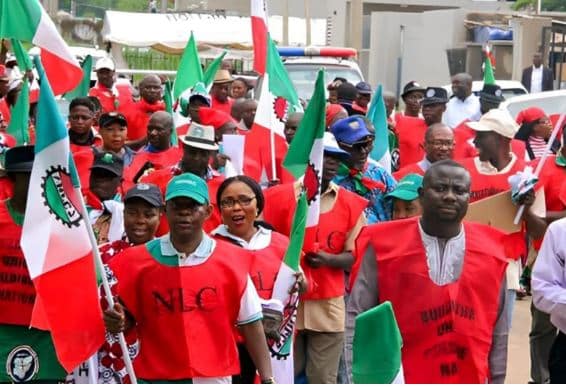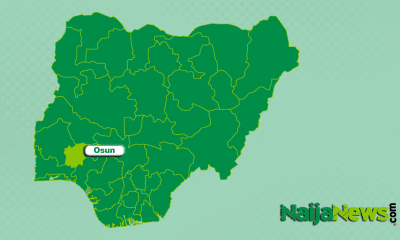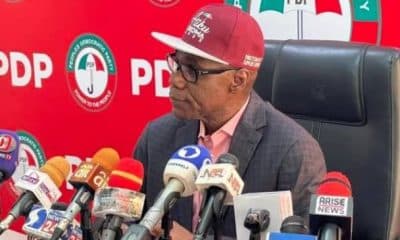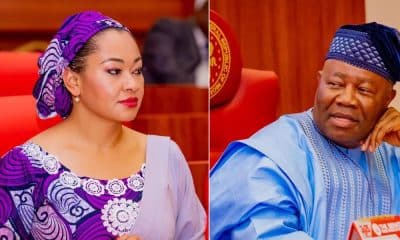Nigeria News
Nationwide Strike In Doubt As Senate President, Govs Summon Organise Labour To Emergency Meeting

In a last-ditch effort to avert a nationwide strike, the Senate President, Godswill Akpabio, and the leadership of the Nigeria Governors Forum have invited the leadership of the Organized Labour for an emergency meeting.
The meeting, scheduled for tonight, comes as a response to the Nigeria Labour Congress’ declaration of an indefinite nationwide strike, starting on Monday, June 3, 2024.
“A meeting has been summoned by the senate president and the Nigeria Governors Forum. The meeting will be held Tonight,” a highly placed source told The PUNCH.
The strike was announced after failed negotiations between the government and organized labour over the proposed minimum wage.
Despite the government’s final offer of N60,000, which represented an increase from the initial N57,000, the labour unions found the proposal insufficient.
In a show of goodwill, labour revised its demand, reducing it by N3,000 from the initial N497,000 proposed last week, setting the new proposal at N494,000.
However, the negotiations remained deadlocked, leading to the declaration of a nationwide indefinite strike.
The strike threatens to paralyze economic activities across the country, and the emergency meeting is seen as a desperate attempt to resolve the impasse.
The outcome of the meeting will determine whether the strike will go ahead as planned or if a last-minute agreement can be reached.
Minimum Wage: NANS Declares Position On Planned Labour Strike
The National Association of Nigerian Students (NANS) has expressed support for organized labour over its decision to embark on a nationwide strike in protest of the federal government’s refusal to meet its minimum wage demands.
NANS, in a statement on Sunday by its president, Pedro Obi, said the demands of labour are legitimate and reasonable.
In a statement on Sunday, the NANS President urged the government to accede to labour demands.
He said: “The current economic realities have significantly eroded the purchasing power of the average Nigerian worker. Inflation, the rising cost of living, and the continuous devaluation of the naira have made it increasingly difficult for many families to meet their basic needs.
“The youth and student population of Nigeria are directly affected by the welfare of our parents and guardians, who are predominantly workers and civil servants. An improved minimum wage would translate into better living conditions for millions of Nigerian families, thereby fostering a more conducive environment for students to focus on their education and personal development.”
NANS also called on all students, civil society organizations and citizens to support labour in its bid to reach a mutually beneficial agreement on the minimum wage with the government.












